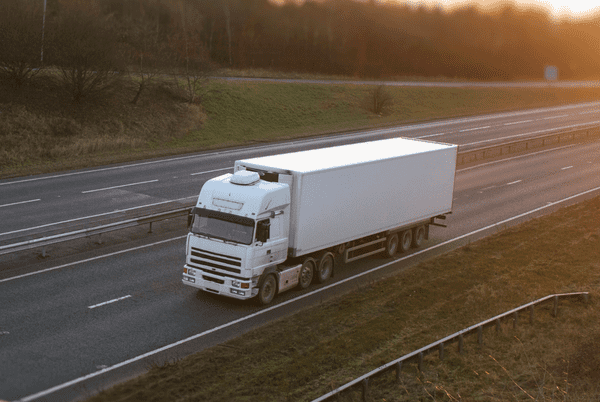HGV fleets present a unique set of risks and challenges when it comes to insurance. Whether you have a small fleet of two or three vehicles, or a large operation with dozens of trucks, we can tailor an HGV fleet insurance policy to suit your needs.
As any business owner knows, commercial vehicle insurance can be a complex and costly affair. There are a number of factors to consider when insuring a fleet of HGVs, from the type and value of the vehicles themselves to the nature of the business operation.
You may also be interested in HGV Insurance, Motor Fleet Insurance, Small Business Fleet Insurance, or Taxi Fleet Insurance.
What is HGV fleet insurance?
At its most basic, an HGV fleet insurance policy will protect your vehicles against damage or theft. However, there are a number of additional cover options that can be added to a policy, such as public liability insurance, to provide greater protection.
How many HGVs count as a fleet?
There is no definitive answer to this question, as it will depend on your individual circumstances. Generally speaking, a fleet can be anything from two or three vehicles up to dozens of trucks.
What levels of cover can you choose from?
The level of cover you choose for your HGV fleet insurance policy will depend on a number of factors, including the size and value of your fleet, the nature of your business operation, and your budget.
The three standard levels of cover for all types of vehicle insurance are:
- Third party only – this is the minimum level of cover required by law, and will protect you against damage or injury caused to another person or vehicle. It does not cover any damage to your own vehicles.
- Third party, fire and theft – as well as the cover provided by third party only policies, this level of cover also protects your vehicles against fire damage or theft.
- Comprehensive – this is the highest level of cover available, and will protect your vehicles against a wide range of risks, including fire, theft, vandalism and accidental damage.


What are the benefits of HGV fleet insurance?
There are a number of benefits to insuring your HGV fleet with a comprehensive policy, including:
- Protection against a wide range of risks – a comprehensive policy will protect your vehicles against damage or theft, as well as a range of other risks such as fire, vandalism and accidental damage.
- Peace of mind – knowing that your vehicles are properly protected can give you peace of mind in the event of an accident or incident.
- Lower premiums – insuring your fleet under one policy can often lead to lower premiums than insuring each vehicle separately.
What should you look for in an HGV fleet insurance policy?
When choosing an HGV fleet insurance policy, it is important to consider the following factors:
- The size of your fleet – the larger your fleet, the more comprehensive your cover will need to be.
- The value of your vehicles – the more valuable your vehicles, the higher the level of cover you will need.
- The nature of your business – if your business involves carrying high-value goods or hazardous materials, you will need to make sure that your policy covers these risks.
- Your budget – it is important to find a policy that provides the level of cover you need at a price you can afford.
What features are good to include as part of your HGV fleet insurance policy?
Some of the features you may want to look for in an HGV fleet insurance policy include:
- Breakdown cover – this can be a useful addition to your policy, as it will cover the cost of repairs if your vehicles break down.
- Replacement vehicle cover – this can help keep your business running smoothly in the event that one of your vehicles is stolen or involved in an accident.
- Windscreen cover – this can help to protect your windscreens against damage, and can often be included as an optional extra.
- Goods in transit – if you transport goods as part of your business, it is important to make sure that your policy includes cover for these.
- Public liability – if you are involved in an accident that damages property or injures someone, this cover will protect you against the cost of any claims made against you.
- Employers’ liability – if you employ staff to drive your vehicles, it is important to make sure that they are properly covered in the event of an accident.